Online advertising, especially on social media platforms, is becoming a "fertile ground" for many businesses to promote their products and services. However, uncontrolled development has created a widespread ecosystem of false advertising, causing serious consequences for consumers and legitimate businesses. Behind these incidents is the unclear responsibility between the subjects including social media platforms and KOLs/KOCs.
Misleading advertising on digital platforms is rampant.
With 97.5% of Vietnamese people aged 16 and over using social media and each person spending an average of 2 hours and 15 minutes a day "living" on Facebook, TikTok..., the number of advertisements and hidden advertising content that each person has to see every day is huge. In the current digital age, advertising on social media has become an important marketing channel for many brands and businesses.
Authorities have noted the situation of "some businesses, organizations and individuals advertising health protection foods with signs of violating the law" with behaviors such as: advertising content "exaggerating" the product's uses, causing misunderstandings with medicine; advertising content that has not been assessed; providing false information about the quality, uses, brands and origins of products; taking advantage of the image and reputation of artists, actors, MCs and people with influence on the public to convey inappropriate advertising content to consumers.
Notably, recently there have been many cases of famous and influential people (KOL/KOC) advertising the sale of counterfeit, fake, and poor quality products on digital platforms.
Typically, recently, health agencies simultaneously suspended circulation and recalled cosmetic products of VB Group Trading and Service Company Limited (HCMC) - whose legal representative is Mr. Nguyen Quoc Vu, husband of singer Doan Di Bang.
Specifically, the Ministry of Health suspended the circulation and recalled 3 products: Hanayuki Shampoo, Hanayuki Conditioner, G-Thera Amino Anti-Wrinkle Mask. Dong Nai Department of Health, Economic Police Department (PC03) of Dong Nai Provincial Police and Dong Nai Provincial People's Procuracy agreed to prosecute the case related to the product Hanayuki Sunscreen Body. Recently, the Drug Administration of Vietnam (Ministry of Health) revoked the "Good Manufacturing Practices for Cosmetics" (CGMP-ASEAN) certificate of EBC Dong Nai Medical Factory Joint Stock Company (the factory that produces cosmetics for Doan Di Bang's family). The Drug Administration of Vietnam has also stopped receiving cosmetic declaration dossiers of VB Group Trading and Service Company Limited for 6 months. It is known that the case related to the product lines distributed by singer Doan Di Bang's family is still being clarified and handled by relevant authorities according to the law.
Immediately after many recent incidents were exposed, the Department of Radio, Television and Electronic Information (Ministry of Culture, Sports and Tourism) requested television operating units, newspapers and radio and television stations, businesses and brands to "end the situation where celebrities and online influencers who do not understand the product and do not verify the advertising content still participate in promoting products for remuneration and profit".
The proliferation of false advertising not only causes financial damage but also reduces consumer trust in brands. This is especially dangerous when consumers are easily misled into buying products that are not as advertised, even having negative effects on health.
According to Lawyer Tran Thi Ly (Hanoi Bar Association), in reality, there are many cases related to functional food products that are widely advertised on many social networking platforms. Many products do not meet quality standards, but are still promoted by KOLs as "miracle drugs" that help improve health quickly. "In cases of false advertising that harms consumers, not only the manufacturer but also the KOL/KOC who participate in the promotion can be handled according to the law. However, determining responsibility and handling is still facing many difficulties due to the unclear roles and responsibilities of each party," Ms. Ly emphasized.
Who is responsible in the digital advertising ecosystem?
The explosive growth of social media advertising is associated with the emergence of three main groups of subjects such as KOL/KOC and social media platforms. Each party plays an important role in the advertising distribution chain, but this also creates loopholes, making it easy for false advertising to "slip through the net".
Who is responsible in the digital advertising ecosystem?
However, according to experts, content censorship before advertising is still very loose. Many false or misleading advertisements have been widely distributed without going through any strict censorship process. Mr. Tran Manh Hung, a market expert, said: Digital platforms mainly rely on automatic algorithms and reporting systems after advertising has run to detect violations. This allows false advertising to exist and spread for a long time before being detected and handled.
Social networking sites such as Facebook, TikTok, YouTube, etc., despite having content censorship systems, are having difficulty dealing with misleading advertising. These platforms often prioritize views and clicks to increase advertising revenue, so content censorship is somewhat lax and untimely.
According to Mr. Hung, KOL/KOC are people with great influence on social networks, often hired by brands to promote products and services. However, many KOL/KOC advertise without verification, do not directly use the product or do not clearly understand its uses and quality, leading to the transmission of false information to consumers.
Therefore, KOLs/KOCs need to raise their awareness of social responsibility and professional ethics. In addition, consumers are increasingly aware and can distinguish between quality advertising and gimmicky advertising. If they continue to promote false products, the reputation of KOLs/KOCs will also be seriously affected.
A one-stop solution to control false advertising
According to economic experts, to thoroughly resolve the situation of false advertising on social networks, there needs to be synchronous coordination from related parties. Mr. Hung said that, first of all, KOL/KOC need to improve personal responsibility. Product promotion must go hand in hand with information verification, understanding the actual uses and quality. They need to build a professional and honest image to maintain the trust of followers.
In addition, social media platforms need to strengthen advertising content censorship using AI technology and human resources. Strengthen cooperation with state management agencies to review and prevent false advertising from the beginning. In addition, it is necessary to establish a strict censorship process before distributing ads. In addition to relying on algorithms, there needs to be a content censorship team working closely to minimize the reach of violating ads to users.
According to Lawyer Tran Thi Ly, state management agencies need to complete the legal framework, add heavy penalties and strengthen inspection and supervision. Strict handling of violations will create a strong barrier to false advertising, protect consumer rights and the reputation of legitimate businesses.
False advertising on social media is not just a problem of an individual or a business, but a consequence of the lack of coordination between components in the digital advertising ecosystem. While consumers are becoming more cautious, dishonest advertising is still widespread, causing material losses and social trust.
Only when KOLs/KOCs, social media platforms and state management agencies together seriously fulfill their responsibilities, build strict censorship processes and strictly apply the law, can the online advertising market develop sustainably, fairly and healthily, and maximally protect the interests of consumers.
According to vtv.vn
Source: https://baolaocai.vn/kol-va-nen-tang-mang-xa-hoi-ai-dang-bat-den-xanh-cho-quang-cao-sai-lech-post403361.html







![[Photo] Multi-colored cultural space at the Exhibition "80 years of the journey of Independence - Freedom - Happiness"](https://vphoto.vietnam.vn/thumb/1200x675/vietnam/resource/IMAGE/2025/8/26/fe69de34803e4ac1bf88ce49813d95d8)
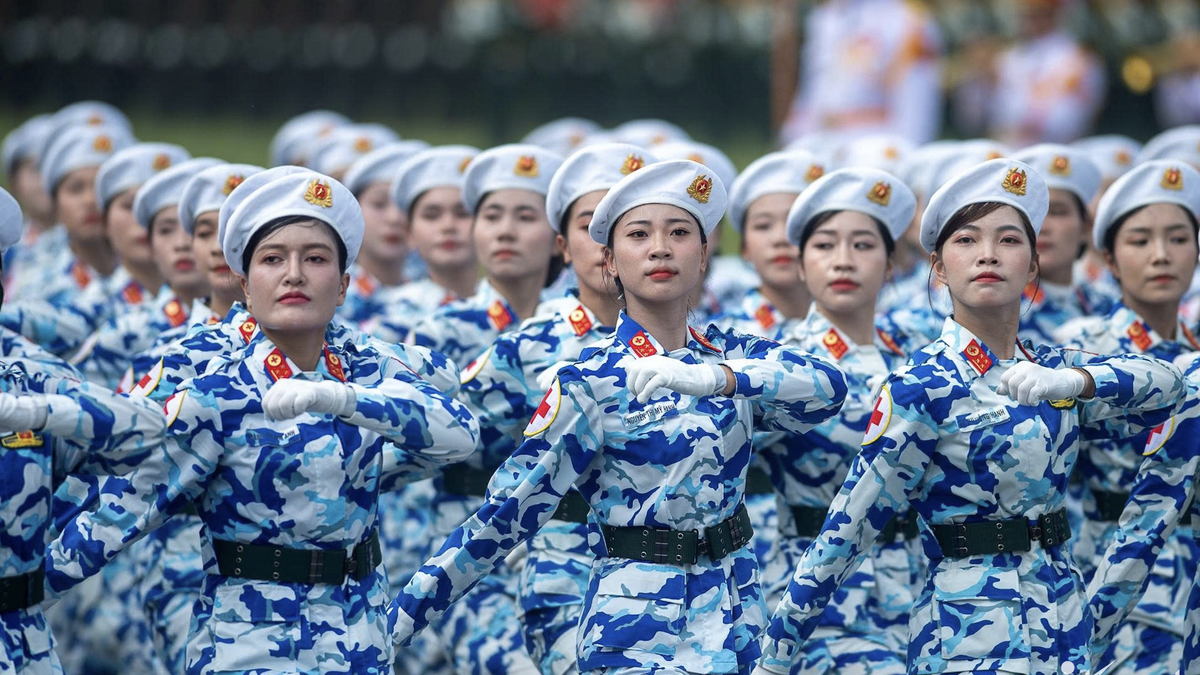
![[Photo] Hanoi: Authorities work hard to overcome the effects of heavy rain](https://vphoto.vietnam.vn/thumb/1200x675/vietnam/resource/IMAGE/2025/8/26/380f98ee36a34e62a9b7894b020112a8)





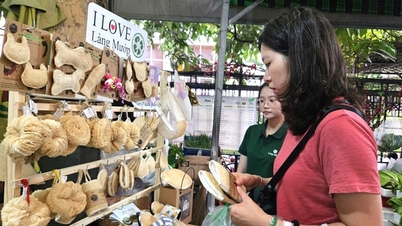

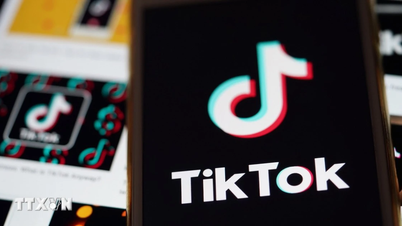

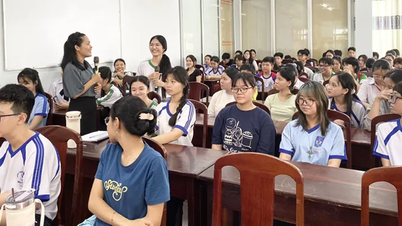





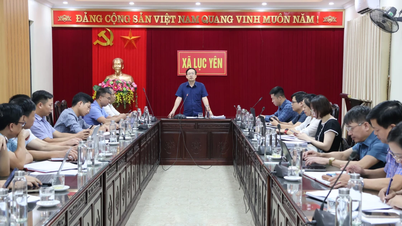
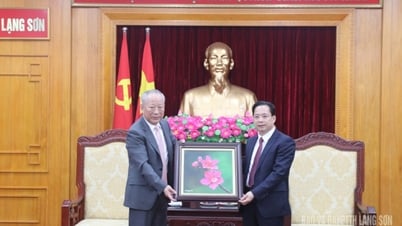

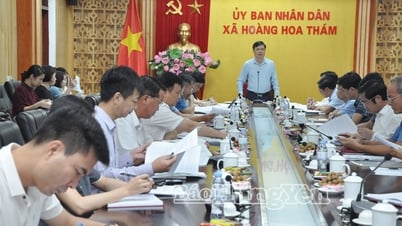









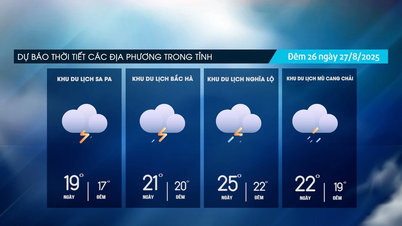

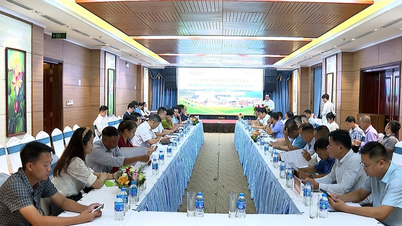

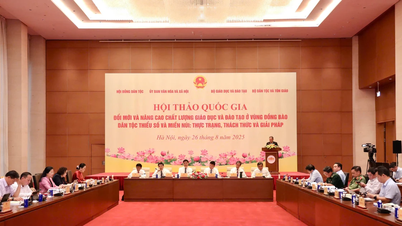

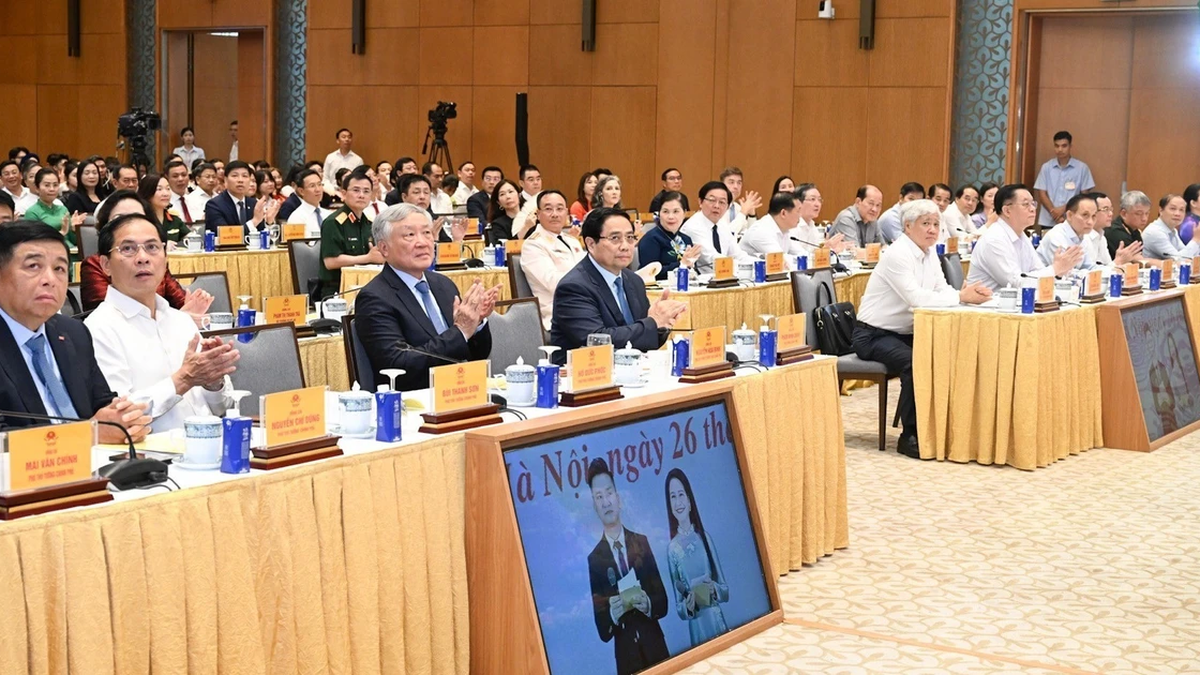





























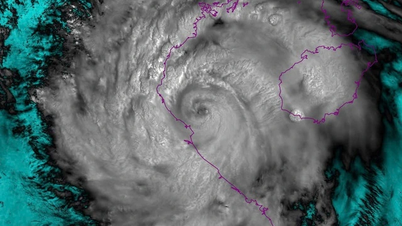







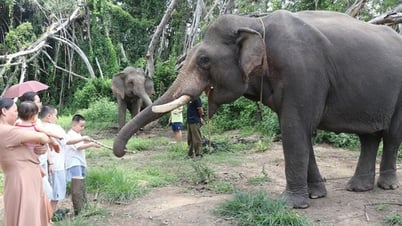

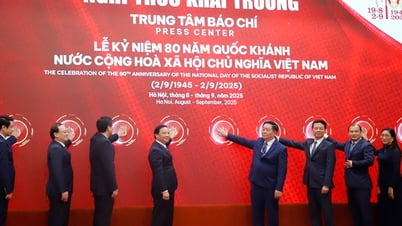

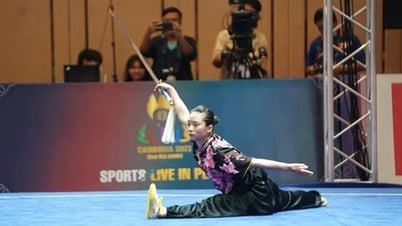
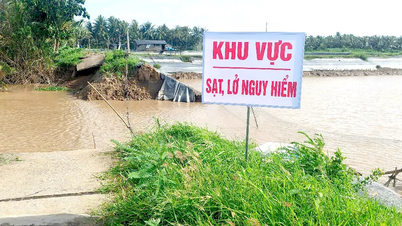
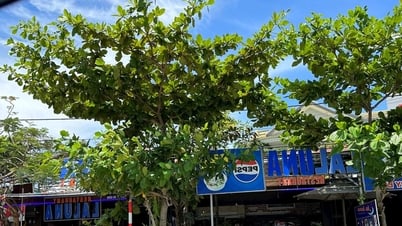

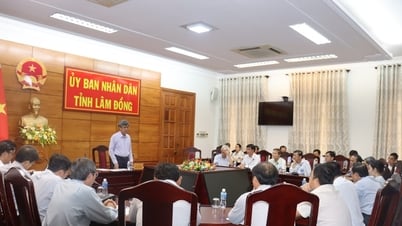

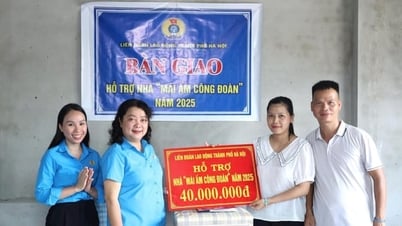





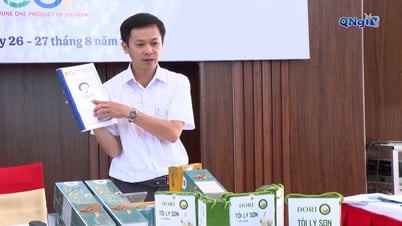







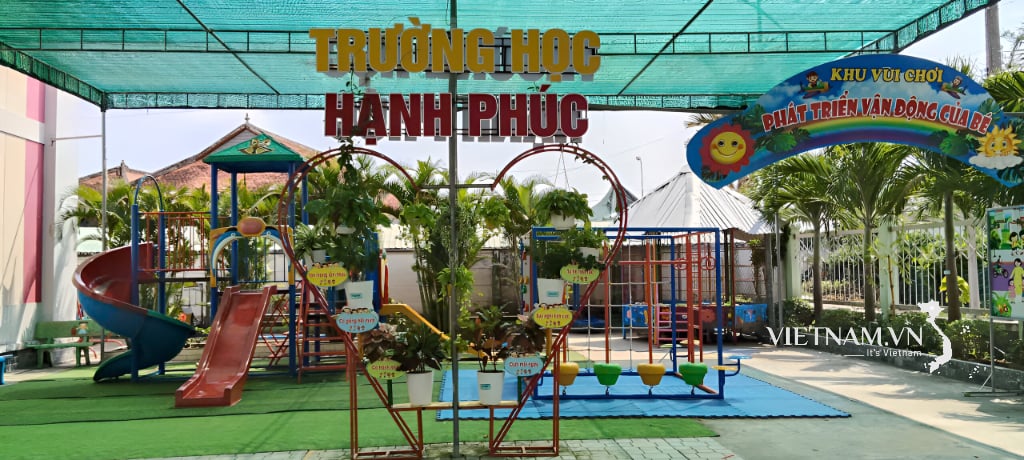


Comment (0)